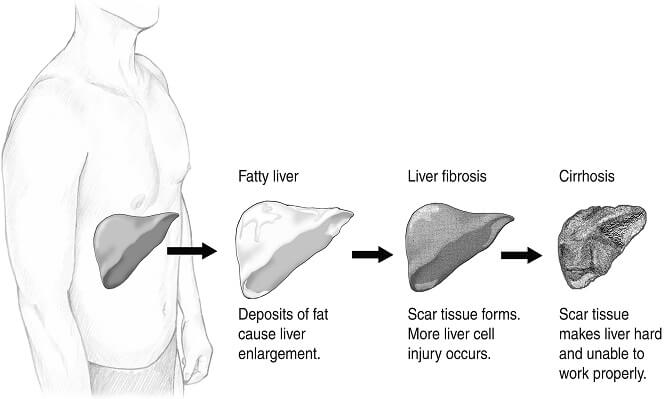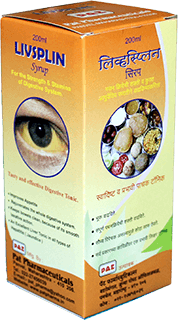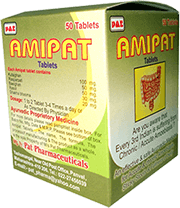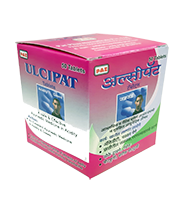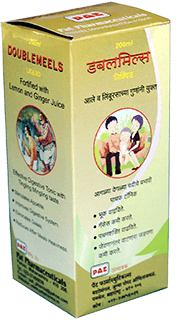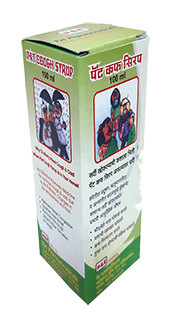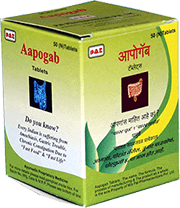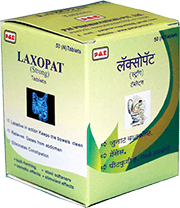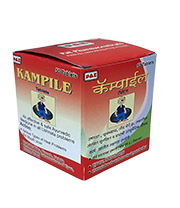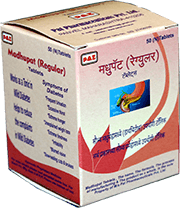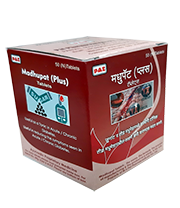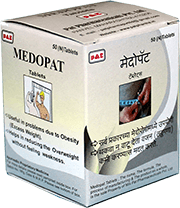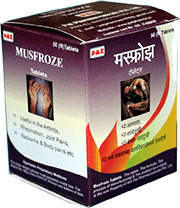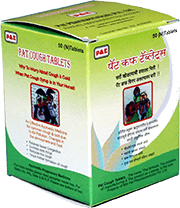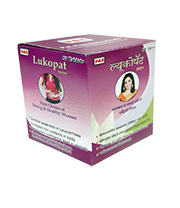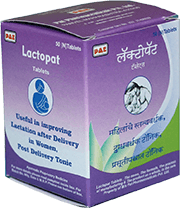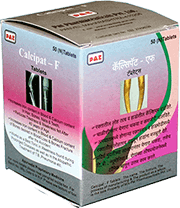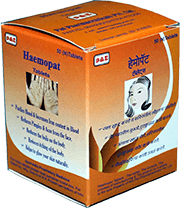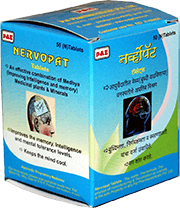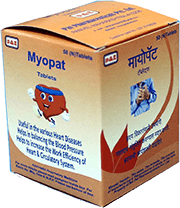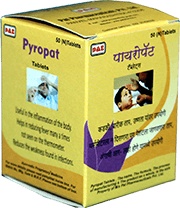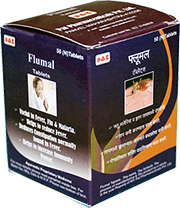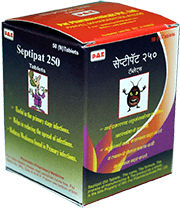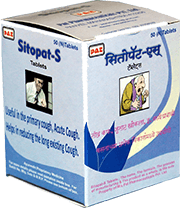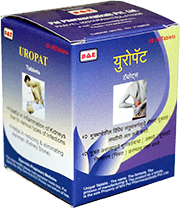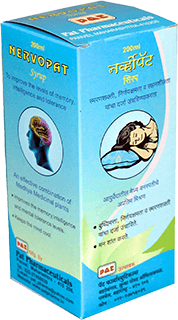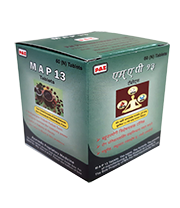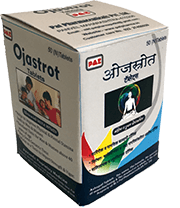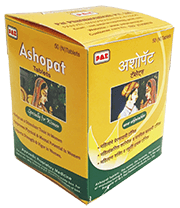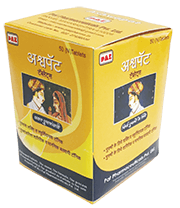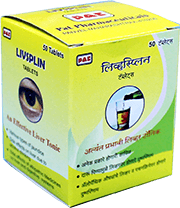
Liver Disorder - Jaundice
- Treatments /
- Liver Disorder - Jaundice
Liver Disorder - Jaundice
The liver is an organ about the size of a football that sits just under your rib cage on the right side of your abdomen. The liver is essential for digesting food and ridding your body of toxic substances. Your liver is the largest organ inside your body. It helps your body digest food, store energy, and remove poisons.
Liver disease can be inherited (genetic) or caused by a variety of factors that damage the liver, such as viruses and alcohol use. Obesity is also associated with liver damage. There are many kinds of liver diseases:
• Diseases caused by viruses, such as hepatitis A, hepatitis B, and hepatitis C
• Diseases caused by drugs, poisons, or too much alcohol. Examples include fatty liver disease and cirrhosis.
• Liver cancer
• Inherited diseases, such as hemochromatosis and Wilson disease
Symptoms of liver disease can vary, but they often include swelling of the abdomen and legs, bruising easily, changes in the color of your stool and urine, and jaundice, or yellowing of the skin and eyes. Sometimes there are no symptoms. Tests such as imaging tests and liver function tests can check for liver damage and help to diagnose liver diseases.
